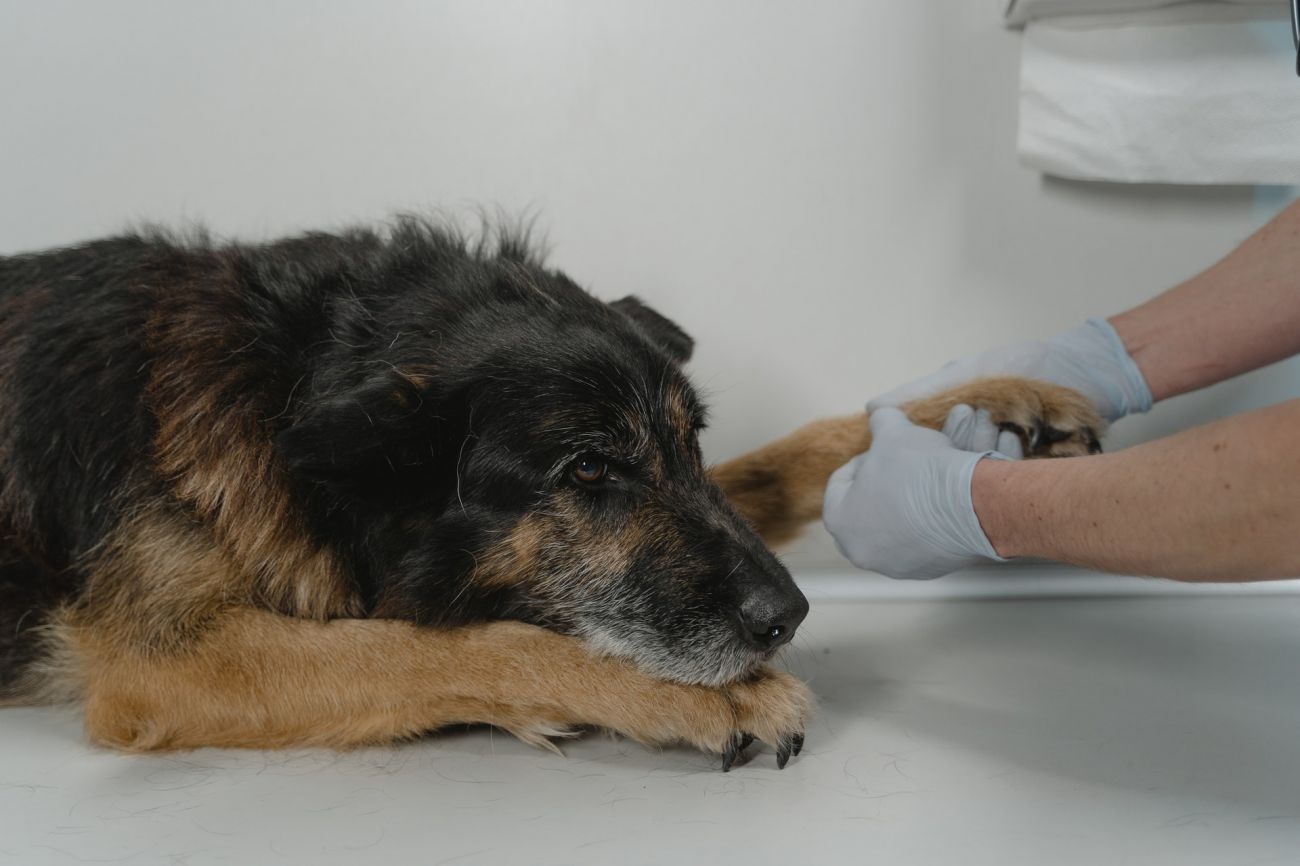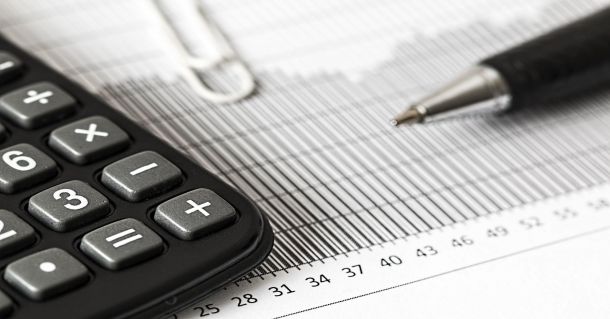“Veterinary Practice for Sale” – is it The One for You?

By First Financial Bank
Each of these factors could affect the overall success of your new business as well as your financial future. It pays to remain objective when you do this, even if you have your heart set on a particular veterinary practice
To help, we’ve created a checklist that contains numerous questions you should consider when carrying out your evaluation. For ease of reference, we’ve divided it into the following categories:
- Finances
- Facilities
- Veterinary clients
- Staff
- Local area
- Medicine provision
- Practice marketing
1. Finances
Buying a veterinary practice is an investment, so reviewing the finances in depth before making an offer is always a first step. You’ll want some expert guidance from a professional to help. Your CPA/financial advisor can help you consider the following:
- What is the asking price? How does that compare to projected revenue?
- What is your budget? Do you have any flexibility with your budget?
- Has a practice valuation been carried out? What were the results?
- What do you find when you review the veterinary practice’s financial data:
- Tax records
- Bank statements
- Financial statements
- Patient utilization/medical records
- Legal action documentation (if any)
- Lease information
- Business plan/ projected potential revenue (if available)
- How is the practice structured? (Sole proprietorship, general proprietorship, partnership, limited liability company, corporation, etc.)
- Is real estate included in the price? If not, what are the terms of the lease agreement?
- Who prepares the practice’s financial reports?
- What percentage of overall revenue is spent on payroll?
- Is there a payroll service? Which one? What are the costs of administration?
- How many years have they been in business?
- What is the practice’s current gross revenue?
2. Facilities
Although you can usually make significant changes and improvements to the veterinary practice after purchasing, it can drive up the cost of your investment. You should consider the current condition of the building including the physical layout and state of repair. It’s good to have a clear picture of what you will need – and want – to change before acquisition. Ask yourself the following questions:
- How many examination rooms are there? Would this be sufficient for your needs?
- Are the entrances and exits wheelchair accessible and disability-friendly?
- Is there adequate parking?
- Does the building have ‘curb appeal?’
- Is there clear signage?
- Is the building in overall good repair?
- Have you seen the building maintenance records or checked for previous issues?
- What is your first impression when you enter the practice? Is it clean? Neat? Odor-free? Calm? Organized?
- How is the general layout? Is it easy to move around? Does it make sense for intake and your needs for patient care?

3. Veterinary Clients
Assessing the customer base and demographics can help you understand who your veterinary practice will be serving and your potential for generating business revenue. Consider the following:
- What are the client demographics?
- What percentage of regular active patients are there compared to new patients?
- Is there opportunity for growth?
- What is the balance of patients by species? Is this by design (dedicated type of practice) or if not, what is causing the imbalance?
- Are there any client education programs in operation? What are they? When do they take place?
- Are there any appointment reminder services? Are they working well?
- Does the practice have a good reputation? How is that assessed?
- What are the current opening hours?
- Are there specific hours dedicated to surgery and appointments?
4. Staff
To provide the best professional service to your clients and ensure optimal level of care, you should consider:
- What is staff turnover like?
- How is staff management structured?
- Are there opportunities in place for ongoing staff development?
- How are new staff members hired and trained?
- Are they regularly assessed and appraised? Is that tied to compensation and/or promotion?
- Is communication effective between staff members?
- What is the ratio of DVM to non-DVM?
- Are all team member’s licenses valid and up to date?
- Are there good records on the staff that include any positive reviews and/or disciplinary/compliance issues?
5. Local area
When buying a veterinary practice, the community will play a role in who your customers are, what animals you will potentially treat, how much they can afford to pay and the type of treatment you can offer. Consider the following:
- Do you have much competition in the local area? If so, how many veterinary practices are there? What kind of practices (independent; big box pet store/chain; etc.)?
- What are the local demographics?
- Age groups and percentage of each
- Home ownership vs rental
- Median household income
- What is the local average cost of living?
- What is the local crime rate?
- Are the areas you are investigating considered to be ‘desirable’ or ‘up and coming’?
- How is the healthcare provision for humans in the local area?
- What are the local schools and colleges like? Are their populations growing or shrinking?
6. Compliance
The current owners’ compliance with accepted ethics and practices for veterinary medicine can help you assess the overall quality of the veterinary practice. Consider the following:
- What is the veterinary practice’s overall standard of care? Are you happy with this?
- What does their prescribing and supplement sale history tell you about the practice?
- What services and products does the veterinary practice currently offer?
- What veterinary services and products would you like to offer? Would this be possible here?
7. Practice Marketing
With an effective veterinary practice marketing plan, you can reach new customers, maximize your revenue, and grow your business. Before making an offer, it’s worth considering the strength of the current marketing strategy. Consider factors such as:
- Does the practice have a strong marketing plan in place? What does this look like?
- Is there an online marketing strategy?
- Is the veterinary practice website up to date?
- Are they active on social media sites like Facebook and Instagram?
- Is there a dedicated marketing budget?
- Who is in charge of marketing?
- How are marketing results monitored?
- Does the business appear in online directories and websites such as Google My Business and Yelp.com? What do the BBB ratings look like?
- Does the practice support local causes such as the neighborhood animal shelter or take part in local events?
- Is there a loyalty scheme in place?
Final assessment
There are many questions to ask and information to uncover, but the more you learn now, the less likely to get unpleasant surprises later. Work with your financial adviser to help you evaluate. They can help assess whether the practice is a worthwhile investment – and whether you should consider making an offer on that practice you’ve had your eye on.
Thinking about making an offer on a practice? Estimate your loan payments with this handy calculator. Ready to discuss your plans? Let’s chat about next steps.

Business Loan Payment Calculator: Estimate the Payments for Your Veterinary Practice/Clinic Loan

Planning to Buy a Veterinary Practice?

Veterinary Practices for Sale: 5 Questions to Ask Before You Commit

